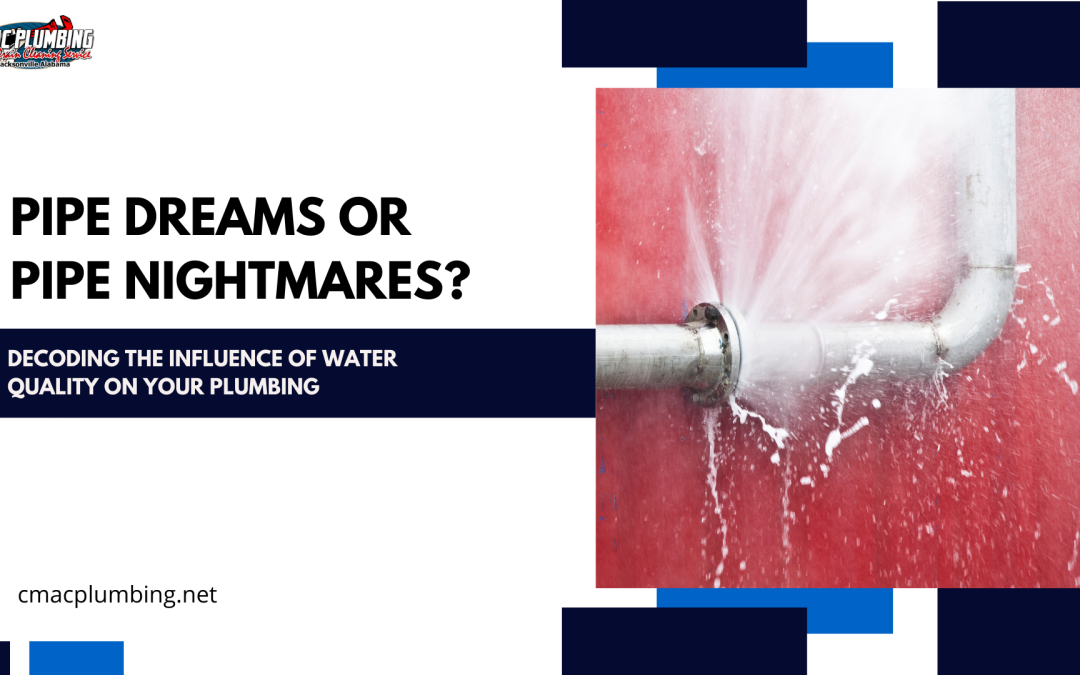Water quality serves as a critical determinant of the functionality and longevity of residential plumbing systems, warranting a closer examination of its nuanced impact. In this discourse, we endeavor to decode the intricate relationship between water quality and plumbing, distinguishing between the aspirational realm of pipe dreams and the potential pitfalls associated with plumbing nightmares.
A significant contributor to plumbing challenges is hard water, characterized by an elevated mineral content, specifically calcium and magnesium. While benign for human consumption, these minerals precipitate the formation of deposits within pipes and fixtures over time, commonly referred to as limescale. The accrual of these deposits restricts water flow, diminishes the efficiency of water-dependent appliances, and can eventually lead to corrosion of pipes.
Corrosion, a gradual degradation of metal surfaces due to chemical reactions with water, poses another formidable challenge linked to water quality. The acidity of water plays a pivotal role in this corrosive process. Areas with acidic soil compositions heighten the risk of accelerated metal erosion, potentially resulting in leaks and structural compromises within plumbing systems.
Furthermore, impurities and contaminants present in water pose inherent threats to plumbing integrity. Sediments, debris, and microbial growth not only compromise the aesthetic properties of water but can also obstruct pipes and compromise the effectiveness of water treatment mechanisms.
Mitigating the potential adversities arising from water quality necessitates proactive measures. Routine water testing serves as an invaluable tool in identifying latent issues, enabling the implementation of targeted interventions. Introducing water softeners, incorporating filtration systems, and selecting corrosion-resistant plumbing materials emerge as effective strategies to counteract the potential nightmares associated with suboptimal water quality.
A comprehensive understanding of water quality and its intricate influence on plumbing is indispensable for homeowners aspiring to maintain a resilient and efficient domestic infrastructure. By addressing potential issues through informed strategies, individuals can transform potential pipe nightmares into a reality characterized by robust and sustainable plumbing systems.


